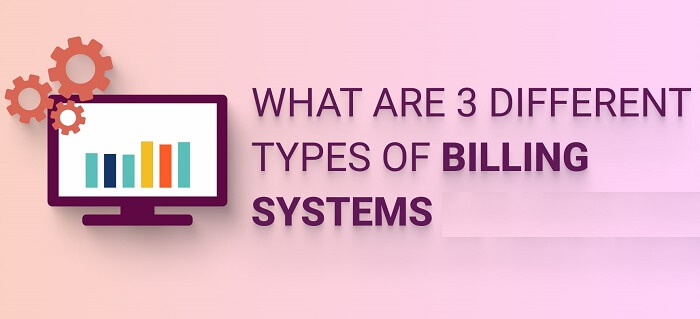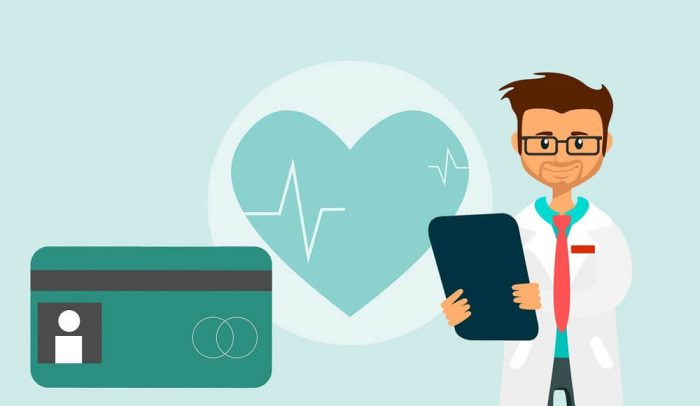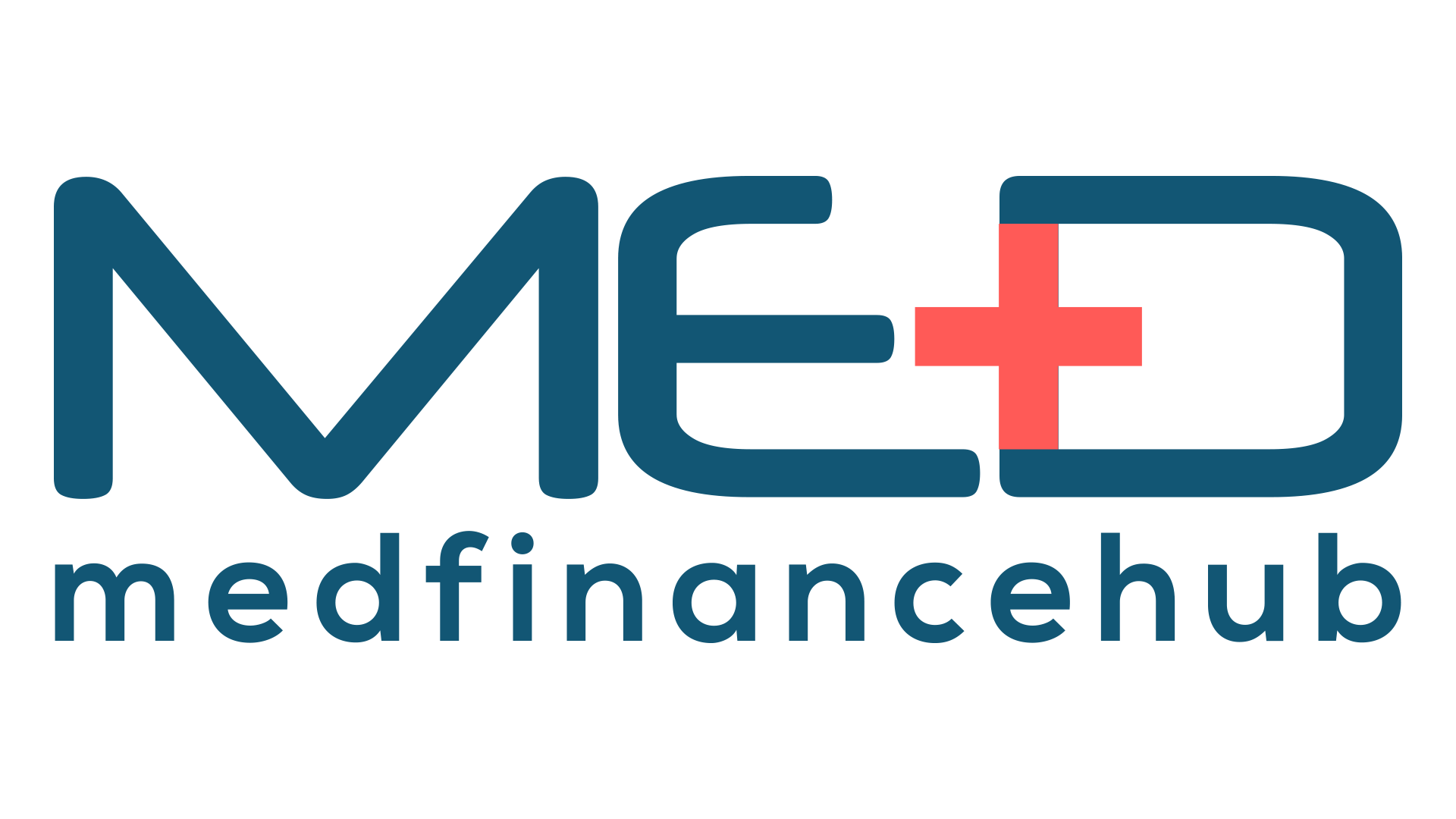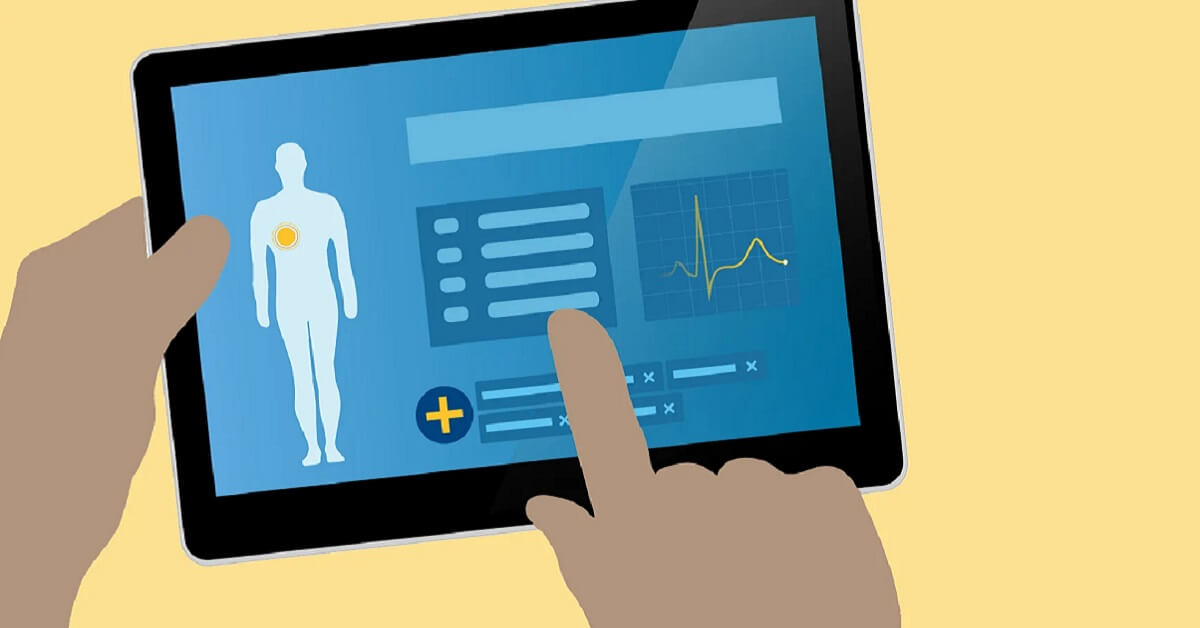Similar to any other business or organization, many think that healthcare organizations also use one type of billing system for their medical transactions. However, the reality significantly differs from the common perception. Different types of medical billing systems are used to provide types of services for medical billing. In healthcare systems, having an appropriate use of every medical billing system can bring a notable change in overall revenue. Every billing system used by healthcare organizations has its own use that benefits patients and professionals. Learn more about the basics of Medical Billing here.
In the same way, each type of billing system has drawbacks as well. Healthcare providers should choose the type of billing system that best meets their needs. So, which type of billing system is right for you? Keep reading to learn more about the different types of billing systems in healthcare and their pros and cons.
What are Medical Billing Systems for Healthcare?
Medical billing systems are essential for healthcare providers. They help to manage patient records, schedule appointments, and process insurance claims. Without a medical billing system, providers would be reliant on paper records and would have a difficult time keeping track of their patient’s health information.
Medical billing systems come in a variety of shapes and sizes, so it’s important to choose one that fits the needs of your healthcare practice. You’ll also want to consider the cost of the system and whether it offers features that are important to you, such as appointment reminders and online bill pay. Learn more about the importance of medical billing right away.
Finding the one that’s right for your healthcare practice and with the right system in place, you’ll be able to streamline your billing process and provide better care for your patients.
Different Types of Medical Billing Systems

businessintegrityservices.com
Appropriate medical billing is the only way by which medical health organizations and practices get reimbursed and paid for the services rendered. Delayed bill submission and claim redemption can seriously impact patient retention.
As for billing types, there are three main types of medical billing systems available on the market today.
- Closed medical billing system
- Open medical billing system
- Isolated medical billing system
Let’s discuss them in detail to know what type of billing system works best for a specific healthcare setup.
Closed Medical Billing Systems
Closed medical billing systems are a type of practice management software that streamlines the process of billing and coding for medical practices. These systems typically include a medical coding module, a claims processing module, and a patient management module.
Closed medical billing systems can save medical practices time and money by automating many of the tasks involved in billing and coding. These systems can also improve the accuracy of claims and reduce the risk of errors.
A closed medical billing system is a type of electronic health records (EHR) system that does not allow providers to see the patient’s health information. The provider can only see the patient’s name, address, and insurance information. This type of system is used by providers who do not want to see the patient’s health information.
Closed medical billing systems can be used by providers who want to avoid potential conflicts of interest. For example, if a provider has a financial interest in a company that makes a certain type of medical device, the provider may be less likely to recommend a different device to a patient if he or she knows that the patient’s health information could be used to sell the first device.
Closed medical billing systems can also be used by providers who want to protect the patient’s privacy.
Open Medical Billing Systems
Today’s medical practices are under more pressure than ever to be financially successful. To achieve this, many practices are turning to open medical billing systems.
Open medical billing systems are software platforms that allow practices to manage the financial side of their business more efficiently. By using an open medical billing system, practices can automate many of their billing and collections processes, improving their overall cash flow.
It is a type of medical billing system that allows the electronic submission of medical claims. This type of system can be used by both physicians and patients to submit insurance claims. Open medical billing systems can be used to file claims with Medicare, Medicaid, and private insurance companies. The open medical billing system can also be used to file claims for reimbursement from patients.
Open medical billing systems can be located on the internet or on a local computer. The open medical billing system can be used to file claims electronically or by paper claim. The open medical billing system will need to be purchased, and there is a one-time set-up fee. The open medical billing system will need to be registered with the Centers for Medicare and Medicaid Services (CMS). After the open medical billing system is registered, the provider will be able to file claims electronically. One of the best examples of an open medical billing system is EHR.
Isolated Medical Billing Systems
Isolated medical billing systems are quickly becoming a thing of the past. With the rise of integrated healthcare systems, more and more medical billing systems are being integrated into larger systems. This is a trend that is likely to continue, as integrated healthcare systems provide many benefits over isolated systems.
Some of the benefits of integrated healthcare systems include improved coordination of care, increased efficiency, and better patient outcomes. Additionally, integrated systems make it easier to share information between different care providers, which can lead to better communication and overall care.
If you’re considering a new medical billing system for your practice, make sure to research the benefits of an integrated system. It may be the best decision for your practice in the long run.
The trend is toward using integrated medical billing systems. Integrated medical billing systems share data with other systems. This allows for a more efficient and effective medical billing process.
There are several reasons for this trend. First, integrated medical billing systems are more efficient. They eliminate the need to re-enter data into multiple systems. Second, integrated medical billing systems are more effective. They allow for real-time data sharing, which can help to reduce errors. Finally, integrated medical billing systems are more cost-effective. They avoid the need to purchase and maintain multiple isolated systems.
Plus, patients can have access and they can upgrade their medical records timely with the help of software credentials. But, to the fact that isolated billing software cannot replace EMR and EHR in the maintenance of medical records.
For Whom Medical Billing Systems are Useful?

valiantceo.com
Anyone who needs to process and manage medical billing can use a medical billing system. This includes hospital billing departments, private practices, group practices, and other healthcare facilities. Medical billing systems can be used to bill for inpatient and outpatient services, as well as other types of medical care. And maximize you revenue by making you billing process better, read this blog and know How So?
Ending Notes
There are a variety of medical billing systems available on the market, each with its own set of features and benefits. But not all of these systems are right for every medical practice.
In general, any medical practice that bills for services rendered can use a medical billing system. This includes solo practitioners, group practices, hospital-based practices, and more. Medical billing systems can be used to bill for a variety of services, including office visits, procedures, lab tests, and more.
If your medical practice bills for services rendered, then you can likely benefit from using a medical billing system. Medical billing systems can save you time and money and can help you get paid faster. So, if you’re ready to take your medical practice to the next level, consider investing in a medical billing system.
People Also Asks
1. What is a medical billing system?
Healthcare providers use a software called a medical billing system to tack accurate billing processes for patients and their comprehensive care. This involves claim filing with insurance companies, generating medical bills, managing payments, and handling accounts receivable.
2. How do healthcare billing systems work?
The process of the medical billing system streamlines the reimbursement cycle for the rendered services, claim submissions, and payment collection from insurance providers. Through these processes or systems, providers ensure that they will be paid for their services without sacrificing the time spent on claim processing errors.
3. What are the 3 different types of billing systems in healthcare?
There are three main types of healthcare billing systems:
- Closed systems: Typically used in a single healthcare institution, where patient records and billing are managed in-house.
- Open systems: These systems allow for data sharing across different healthcare institutions and providers.
- Isolated systems: These are standalone systems used for specific types of billing, often for specialty practices or independent providers.
4. What’s the difference between a healthcare billing system and a medical billing system?
Well, medical billing system and healthcare billing system are the terms often used interchangeably to refer to the system followed by medical providers. The term ‘medical billing system’ sometimes denotes the software specifically used for small clinics or individual practices. On the other hand, “Healthcare billing systems refer to the software used on a larger spectrum like for multi-geos practices, or may have designed for an entire healthcare network.
5. Why are healthcare billing systems important?
Healthcare billing systems are critical because they automate the invoicing, coding, and claim submission process, significantly reducing errors and administrative costs. They also ensure faster reimbursements, improving healthcare providers’ financial health.
6. Can a medical billing system be integrated with Electronic Health Records (EHR)?
Yes, most modern medical billing systems can be integrated with EHR systems. This integration allows for seamless transfer of patient information, minimizes errors, and makes the billing process more efficient.
7. What features should I look for in a healthcare billing system?
Key features to look for include:
- Claim management and submission
- Patient billing and payment tracking
- Automated coding and compliance checks
- Reporting and analytics tools
- Integration with EHR and practice management systems
8. How do medical billing systems handle insurance claims?
Medical billing systems automate claims submission to insurance companies by converting medical codes into claim forms. They also track the status of claims, alerting healthcare providers to any denials or issues that require attention.
9. What types of practices benefit the most from using healthcare billing systems?
All healthcare practices benefit, but medical billing systems are especially useful for:
- Hospitals and large clinics
- Private medical practices
- Specialty healthcare providers (e.g., dermatologists, cardiologists)
- Physical therapy and rehabilitation centers
10. How do healthcare billing systems improve compliance with regulations?
Healthcare billing systems help ensure compliance by automating updates to billing codes (like ICD and CPT), checking for insurance requirements, and ensuring adherence to government regulations such as HIPAA.

